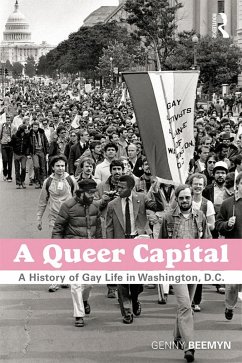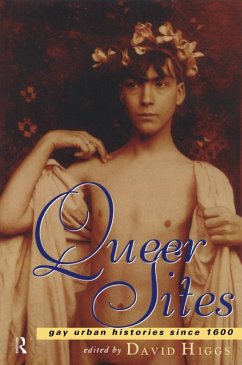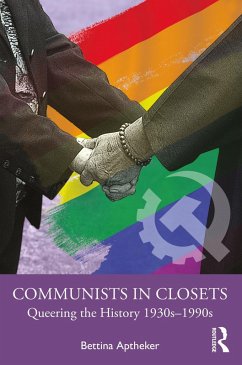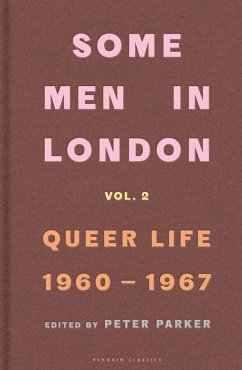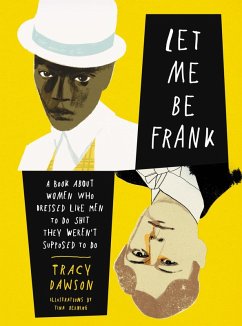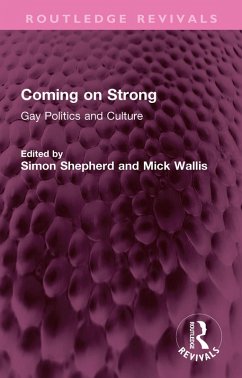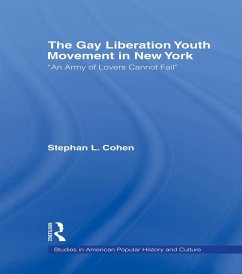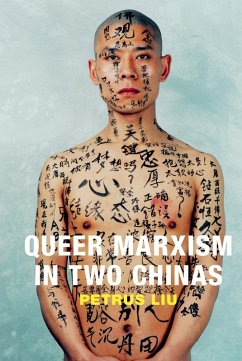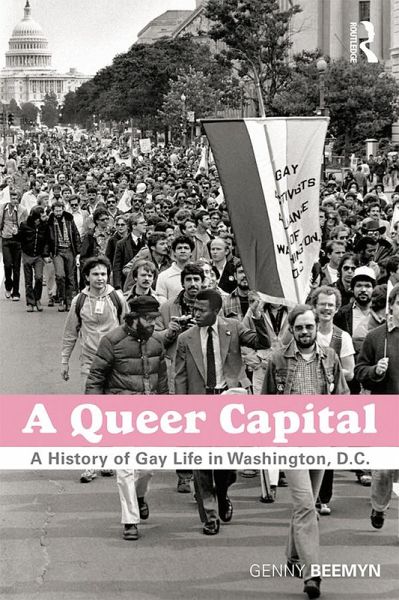
A Queer Capital (eBook, PDF)
A History of Gay Life in Washington D.C.
Versandkostenfrei!
Sofort per Download lieferbar
48,95 €
inkl. MwSt.
Weitere Ausgaben:

PAYBACK Punkte
24 °P sammeln!
Rooted in extensive archival research and personal interviews, A Queer Capital is the first history of LGBT life in the nation's capital. Revealing a vibrant past that dates back more than 125 years, the book explores how lesbians, gay men, and bisexuals established spaces of their own before and after World War II, survived some of the harshest anti-gay campaigns in the U.S., and organized to demand equal treatment. Telling the stories of black and white gay communities and individuals, Genny Beemyn shows how race, gender, and class shaped the construction of gay social worlds in a racially s...
Rooted in extensive archival research and personal interviews, A Queer Capital is the first history of LGBT life in the nation's capital. Revealing a vibrant past that dates back more than 125 years, the book explores how lesbians, gay men, and bisexuals established spaces of their own before and after World War II, survived some of the harshest anti-gay campaigns in the U.S., and organized to demand equal treatment. Telling the stories of black and white gay communities and individuals, Genny Beemyn shows how race, gender, and class shaped the construction of gay social worlds in a racially segregated city.
From the turn of the twentieth century through the 1980s, Beemyn explores the experiences of gay people in Washington, showing how they created their own communities, fought for their rights, and, in the process, helped to change the country. Combining rich personal stories with keen historical analysis, A Queer Capital provides insights into LGBT life, the history of Washington, D.C., and African American life and culture in the twentieth century.
From the turn of the twentieth century through the 1980s, Beemyn explores the experiences of gay people in Washington, showing how they created their own communities, fought for their rights, and, in the process, helped to change the country. Combining rich personal stories with keen historical analysis, A Queer Capital provides insights into LGBT life, the history of Washington, D.C., and African American life and culture in the twentieth century.
Dieser Download kann aus rechtlichen Gründen nur mit Rechnungsadresse in A, B, BG, CY, CZ, D, DK, EW, E, FIN, F, GR, HR, H, IRL, I, LT, L, LR, M, NL, PL, P, R, S, SLO, SK ausgeliefert werden.




